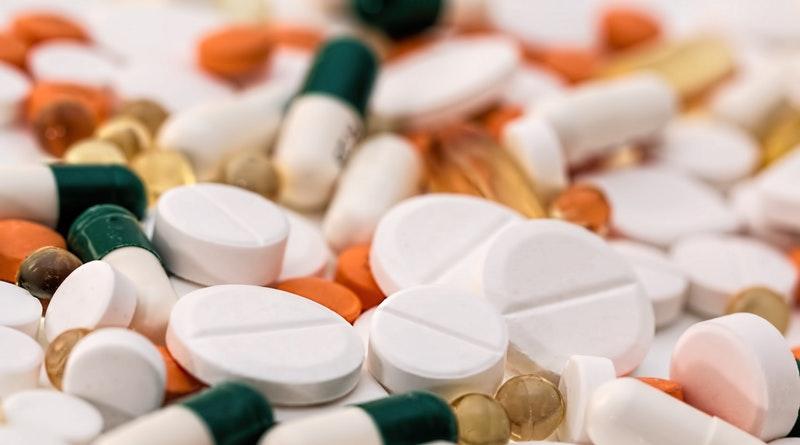The Cornwall Community Police Service (CCPS) and the Eastern Ontario Health Unit (EOHU) are warning residents of a new opioid related to fentanyl in the community. A white powdered street drug seized in late 2017 by the CCPS has tested positive for the presence of cocaine and a fentanyl analogue. A fentanyl analogue is a drug that has a similar chemical structure to fentanyl.
The illicit fentanyl analogue is considered to be extremely dangerous to consume. It was designed originally for research and forensic use, and is not intended for human consumption. There have also been recent reports of other highly toxic fentanyl-laced drugs, including “purple heroin”, that may be circulating in eastern Ontario. Purple heroin is a mixture that may include heroin, fentanyl, carfentanil, or other drugs. It has also been detected in other areas throughout Ontario, most recently in Ottawa.
“The health and safety of our community is the priority, making it necessary for the public to be aware of what may be circulating,” says CCPS Chief Designate Danny Aikman. “While the CCPS is working diligently to remove illicit drugs from our streets, it is important to remind the public of the risks of using drugs, especially when the contents are unknown.”
People who use counterfeit medications or street drugs are at high risk of overdose since the content of the drugs is often unknown and they can sometimes be deadly in tiny doses. “We strongly advise the public to avoid consuming street drugs because of this heightened danger,” states Dr. Paul Roumeliotis, Medical Officer of Health at the EOHU. “If you need help to quit using drugs, we encourage you to seek support from a treatment centre such as the Cornwall Community Hospital Addiction and Mental Health Centre, Hawkesbury General Hospital Mental Health and Addiction Centre, Recovery Cornwall, and Change Healthcare.”
The CCPS and the EOHU are urging residents to reduce the risk of an overdose by avoiding the use of street drugs entirely. For people who do continue using street drugs, the EOHU is urging caution and suggesting only using where emergency services can access you, not mixing drugs with other drugs or alcohol, and getting a free naloxone kit that can reverse the effects of an opioid overdose. If you suspect that you or someone else is having a drug overdose, call 911. The Good Samaritan Drug Overdose law protects people who experience or witness an overdose and call 911 for help.
To learn more about naloxone overdose prevention kits and where you can find them, visit the Fentanyl page of the EOHU’s website at www.EOHU.ca, or visit www.Ontario.ca/OpioidOverdose. You can also call the EOHU at 613-933-1375 or 1 800 267-7120. As part of its public health mandate, the EOHU monitors the local situation regarding opioids and other drugs in the region in collaboration with a number of community partners.


